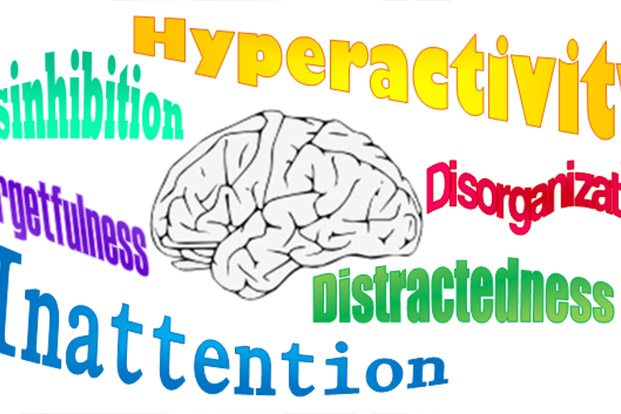Categories
- Bariatric Surgery (11)
- Black Fungus (5)
- Bone Marrow transplant (3)
- Brain Tumor Surgery Navigation Technology (20)
- Cardiac Surgery (66)
- Cardiology (97)
- Computer navigation technology for joint replacements (20)
- Covid Vaccination (17)
- Critical Care (2)
- Dental (19)
- Dermatology (31)
- Dialysis Support Group - “UTSAAH” (11)
- Dietitian (33)
- Emergency Medicine (4)
- Emotional Health (11)
- Endocrinology (33)
- ENT (20)
- Gastroenterology and GI Surgery (53)
- General and Laparoscopic Surgery (21)
- General Surgery (4)
- Gynecology & Obstetrics (183)
- Hematology (20)
- Internal Medicine (294)
- Kidney Transplant (50)
- Kidney Transplantation (20)
- Lung Cancer (8)
- Minimal Invasive Surgery (1)
- Mother & Child (20)
- mucormycosis (5)
- Nephrology (61)
- Neurology (147)
- Neurosurgery (68)
- Nutrition and Dietetics (107)
- Omicron Variant (1)
- Oncology (288)
- Ophthalmology (10)
- Orthopaedics & Joint Replacement (86)
- Paediatrics (59)
- Pediatric Nephrology (3)
- Physiotherapy (5)
- Plastic & Reconstructive Surgery (6)
- Psychiatry and Psychology (90)
- Psychologist (28)
- Pulmonology (72)
- Rheumatology (13)
- Spine Services (21)
- Transradial Angioplasty (16)
- Urology (84)
Query Form
Posted on Apr 19, 2022
What is Attention Deficit Hyperactivity Disorder(ADHD)?
According to American Pychiatric Association, Attention Deficit Hyperactivity Disorder(ADHD) affects about 5 percent of children and about half of them carry those symptoms into adulthood.The basic symptoms include inattentiveness, impulsivity, and hyperactivity.
ADHD in children manifests as lack of attention, being accident prone and disturbance in academic performance. In adults, fidgetiness is often sign of hyperactivity. Other common manifestations are disorganized, forgetful and clumsy adult who appears to have difficulty in handling responsibilities.

Signs of ADD in Adults:
- Disturbances in Focus – Lack of focus is mostly for activities that patient is not interested in. An ADD afflicted male may become too absorbed in tastes that are stimulating and rewarding which is known as hyperfocus.
- Disorganization-Due to inherent difficulty in sorting and prioritizing information, patient show poor organizational skills. They often complain of difficulty in initiating or completing tasks. Therefore, often find it difficult to work with deadlines.
- Forgetfulness-Due to inability to concentrate, memory issues often prevail.
- Impulse Control Problems– Impulsivity manifests itself as poor self control leading to in appropriate social behavior like interrupting others during conversation sitting still during long meetings.
- Emotional Stability– Due to above mentioned issues , patients see themselves as misfits. Frustration and anger is common and they are not able to manage them leading to mood swings.
- Lack of motivation– The inability to perform adequately due to unstable mood & emotions leads to dissatisfaction. This discourages individual and they appear to lack motivation.
- Anxiety– Negative consequences of ADHD lead to restlessness and apprehension often exhibited as anxiety.
- Physical Health Issues– Due to disorganization and emotional issues patients have poor coping skills which promotes unhealthy behavior like overeating, avoiding exercising & not taking medicines regularly leading to multiple health problems.
- Substance Abuse Problems– People are often unaware of ADD as an illness and therefore patients try to self medicate themselves for restlessness, anxiety by taking alcohol/ tobacco or other drugs available to them.
- Relationship Issues– The challenges faced by ADD patients make it difficult for them to sustain long term relationships.
ADHS & Adult ADD are now well recognized neuropyschiatric problems and management includes both medication & psychotherapy.



